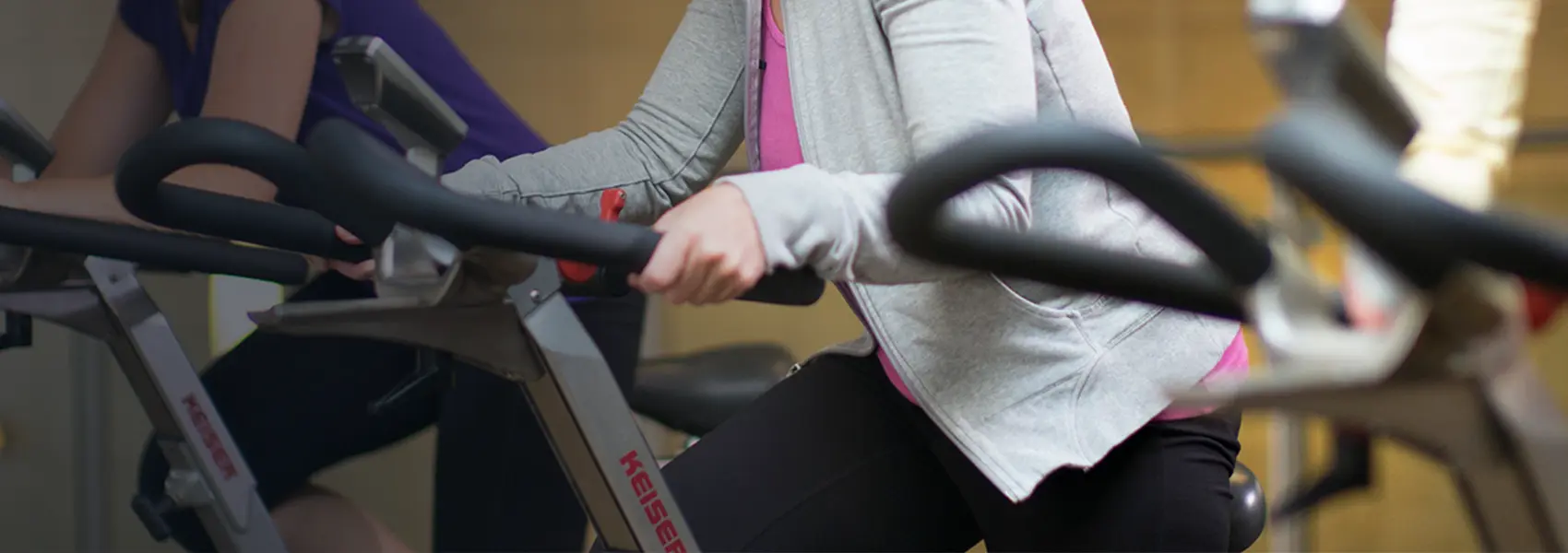Course sections
Introduction
Each mind/body technique has the ability to impact more then one system in the body at the same time. That is why they provide multiple benefits to support healing.
On a physical level
By decreasing stress, you can change the way your body functions. The brain responds to what we focus on mentally and what we imagine with our senses as if it were actually happening. A 2008 study published in the journal Science has shown that when we call up a memory, the same neurons in our brain fire that were firing during the actual experience (Gelbard-Sagiv, 2008). This shows that images in the mind are almost as real to the body as actual events.
When we send the brain relaxation messages, they are passed on to the body's endocrine, immune and autonomic nervous systems. The brain translates these messages into biochemical actions that help the body rebalance to a less stressful state. Together, these systems can help decrease muscle tension and pain, reduce anxiety, and lower your blood pressure and heart rate. When that happens, your body is better equipped to handle the stress of surgery and to recover more quickly.
On an emotional level
It is quite normal to experience a range of feelings about your upcoming surgery, including high levels of stress and anxiety. Learning how to relax can help you manage these feelings and cope better. This is because having a greater sense of control over your thoughts, feelings and reactions is empowering and helps further reduce your anxiety. This is important – because studies show a direct relationship between anxiety and pain, particularly on the 2nd post-operative day (Nelson, 1998).
On a mental level
Relaxation techniques can help distract you from pain and anxious thoughts. They help shift your attention to a more positive and calm state of mind. The mind now focuses on new positive thoughts and pushes the negative information aside to the background – that is the shift. This new information is immediately sent by your brain to your body, and now your body responds to this positive calming input. As you begin to practice these techniques, you will increasingly ease into that shift naturally and you will feel how your mind and body welcome it.
When should I start to practice and for how long?
As soon as you find out you are going to have surgery, you can begin to prepare yourself by practicing the relaxation techniques. We now know that practicing for even two to three days can have a positive impact on your recovery. Of course the longer you practice the easier it will be to create a relaxation response, but any time you reduce your anxiety level, the better the surgical outcome will be.
You can practice once or twice a day or as often as you feel is needed, for even a brief period of time or as long as feels right to you. Again, there is no one right way and anything you do that helps you relax can benefit your recovery.
Continue to next section
